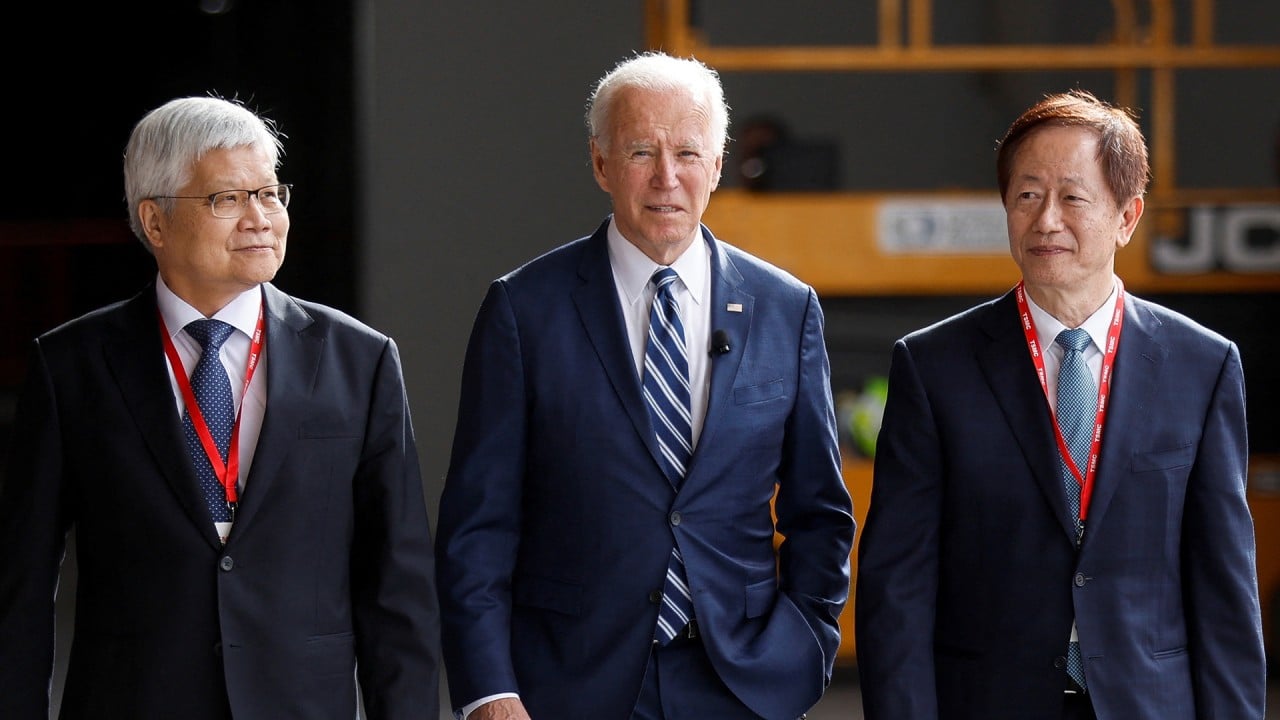
Taiwan lawmaker says ‘no reason’ mainland China won’t lift Kinmen Kaoliang Liquor ban
- Mainland officials see ‘no reason’ Kinmen Kaoliang Liquor cannot be approved for import if the supplementary documents are completed, says lawmaker
- Chen Yu-chen, from the Kuomintang Party, also discussed a possible ‘early’ reopening of direct postal, trade and transport links with officials in Xiamen
An import ban on Taiwan’s best-known distiller of sorghum liquor entering mainland China is not a case of Beijing “making things difficult”, but an issue with paperwork, a legislator from the island’s main opposition party said on Tuesday after meeting Chinese authorities.
Seven other drink exporters and more than 100 seafood traders have also been barred from the mainland as well, according to Taiwanese officials.
The trade action has raised concerns that the island’s exports are at risk of political reprisals from Beijing.
“Relevant officials from the mainland said that [Quemoy] has a lot of interaction with the mainland and they believed that as long as supplementary documents were completed, there would be no reason for inaccuracy and no issue of making things difficult,” lawmaker Chen Yu-chen said in a statement on Tuesday.
Mainland officials see “no reason” the liquor could not be approved for import if the documents are finished, said Chen, from the Kuomintang Party.
Chen, a lawmaker representing the islands, which are also known as Kinmen, arrived in the mainland city Xiamen on Monday and is expected to return to Taiwan on Wednesday.
Authorities in Taipei on Saturday said the mainland had rejected 2,409 applications to import food and beverages of all types since October last year, six months after new customs regulations on food imports were introduced on the mainland.
Beijing sees self-ruled Taiwan as a breakaway province to be reunited with the mainland, by force if needed. Political ties between Beijing and Taipei began slipping in 2016, after the election Taiwanese President Tsai Ing-wen, leader of the independence-leaning Democratic Progressive Party.
Countries that have diplomatic ties with Beijing, including the US, acknowledge the existence of the one-China principle that holds Taiwan is a part of China, but may not explicitly agree with it. Washington does not take a position on the status of Taiwan, but opposes any attempt to take the island by force.
Exporters might have got approvals more easily in the past, said Huang Kwei-bo, an associate professor of diplomacy at National Chengchi University in Taipei.
“When political relations were better, the mainland would say ‘you got it almost right, so go ahead’, but now you’ve got to follow every rule and every defect or little problem counts,” Huang said.
Chen and her counterparts in Xiamen also discussed a possible “early” reopening of direct postal, trade and transport links between outlying Taiwanese islands and parts of Fujian province, which includes Xiamen. Quemoy and Matsu count as outlying islands.
The scheme, which is often dubbed “mini three links”, had helped Taiwanese investors access the mainland, particularly before direct Taiwan-mainland flights began in 2008. The links have been frozen because of Covid-19 border controls.
“Both sides believe the mini-three links should be opened as fast as possible,” the legislator’s statement said.
She said mainland officials advocated that quarantine policies be “as convenient as possible” for people using the links.


